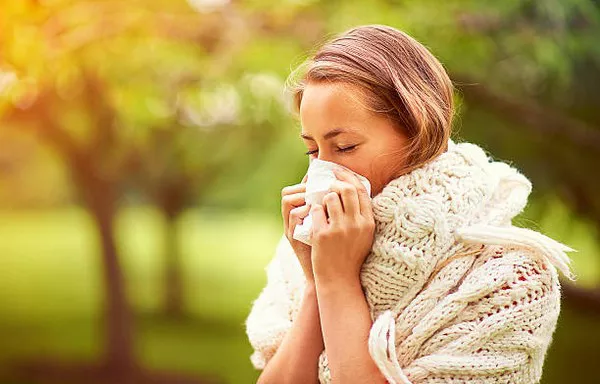Background:
Since its emergence, the SARS-CoV-2 virus has caused significant morbidity and mortality worldwide, leading to the COVID-19 pandemic. Beyond acute illness, many individuals experience prolonged symptoms or develop post-acute sequelae of COVID-19 (PASC), commonly known as long COVID, which may include allergic conditions.
Aim of the Study:
The study sought to explore the influence of ethnicity on the development of allergic diseases following COVID-19 infection. Utilizing data from over 22 million individuals across South Korea, Japan, and the UK, researchers aimed to discern any ethnic variations in post-COVID-19 allergic reactions.
Key Findings:
Individuals infected with SARS-CoV-2 exhibited a 20% higher incidence of allergic diseases compared to uninfected individuals.
The risk of asthma more than doubled in those infected, while allergic rhinitis risk increased by 25%. However, no significant rise was observed in food allergies or atopic dermatitis.
The risk of allergic diseases decreased over time post-infection but did not completely dissipate.
Moderate-to-severe COVID-19 cases were associated with a 50% higher risk of overall allergy compared to mild cases.
Those vaccinated against COVID-19 showed a 44% higher allergy risk after one dose, which reduced by 20% after completing two doses.
Conclusions:
The study highlights the association between COVID-19, particularly moderate to severe cases, and subsequent allergy development.
COVID-19 vaccination, particularly with two doses, appears to mitigate the risk of new allergies.
The findings underscore the importance of ongoing health policies to manage COVID-19 severity and address potential allergic manifestations in individuals with a history of the infection.
Further research on a larger, multinational scale is warranted to better understand the allergic sequelae of COVID-19 and elucidate underlying mechanisms.
Implications:
Healthcare providers should remain vigilant for allergic manifestations in individuals recovering from COVID-19, especially those with a history of moderate to severe infection.
Continued monitoring and research are essential to inform comprehensive strategies for managing post-COVID-19 health outcomes and mitigating long-term sequelae.


